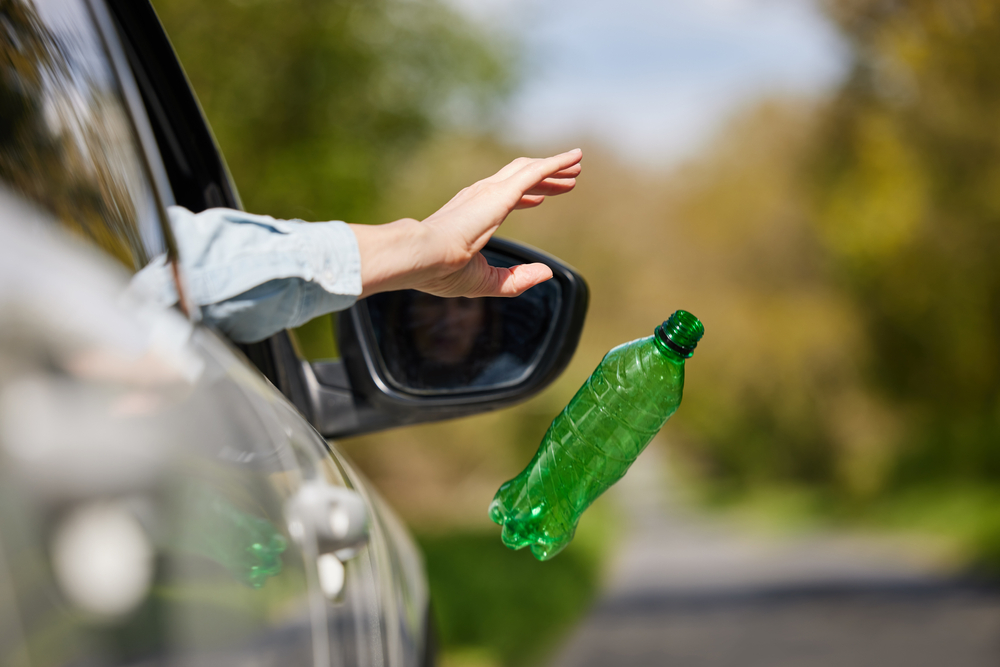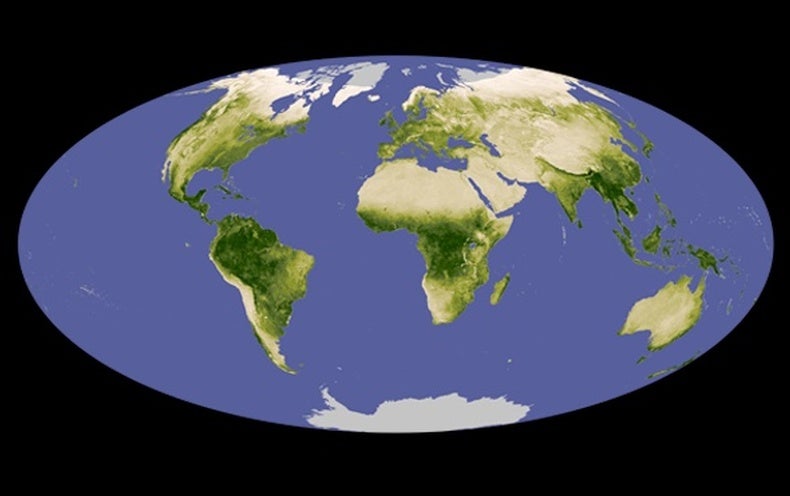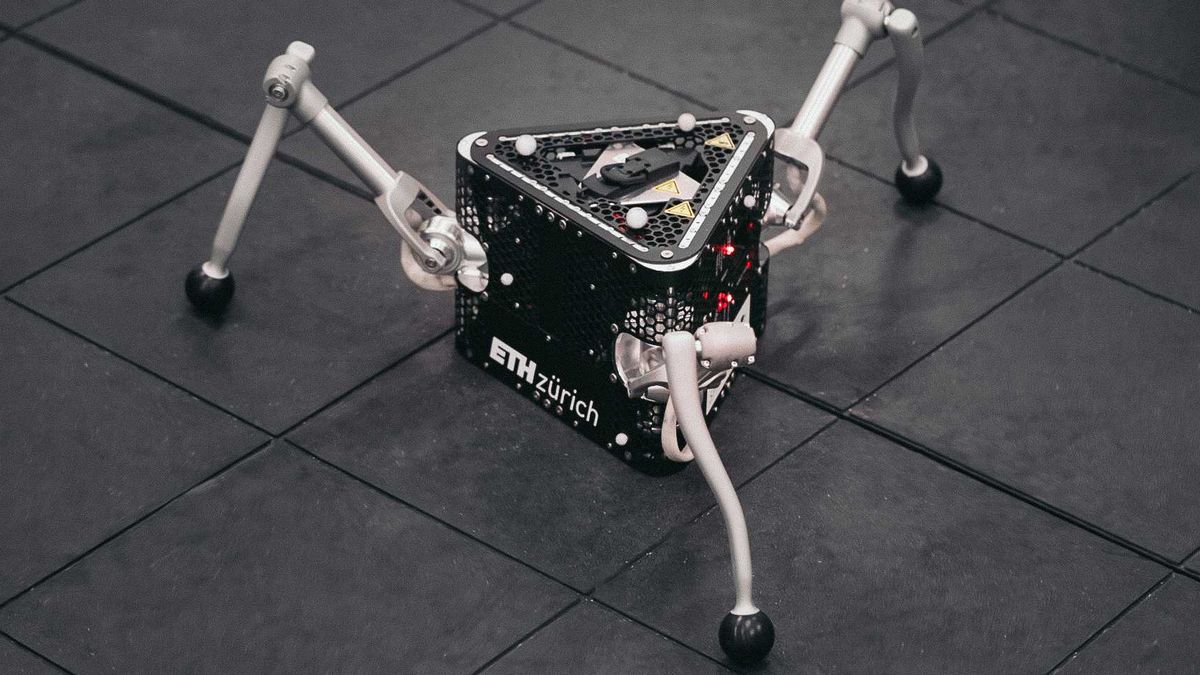Litter — it’s the burger wrapper tossed from a moving car, the plastic bottle left behind at the beach and the cigarette butt dropped on the sidewalk. Improperly disposed of garbage doesn’t just litter the land. Trash is afflicting the oceans, and the deputy general of the U.N. called marine litter a “ubiquitous global problem.”
Why can’t some people just hold onto that burger wrapper? Or tuck a plastic bottle back into their bag? Researchers call it “littering behavior,” and there are multiple reasons why people mindlessly discard their trash.
Scientists are trying to learn more about littering behavior so they can convert chronic litterers and limit the amount of waste, particularly plastic, that plagues the world’s waterways. Environmental advocates say it’s a critical issue that is about to get worse.
(Credit:Soeren Schulz/Shutterstock)
Disposal Behaviors
Litter is considered any type of solid waste improperly disposed of. That could be as small as a candy wrapper or as large as an abandoned car. In 2011, a study in Environment and Behavior observed people littering in public places. The researchers went to 130 outdoor, public locations in 10 U.S. states and watched almost 10,000 people as they went about their business.
When the researchers first arrived at a site, they were tasked with evaluating the area’s cleanliness and the availability of garbage bins. Of the 130 sites, 91 percent had at least one trash can. Only two sites didn’t have any visible litter.
The field researchers made note of all “disposal behaviors” and whether people incorrectly disposed of their garbage. Incorrect disposal included people who intentionally tossed items on the ground and someone who failed to realize they had dropped something.
Of all disposals, 17 percent were improper, and 4 percent of people qualified as litterbugs. So why’d they do it?
Accessibility was one factor. The researchers noticed that people were more likely to litter if they weren’t close to a garbage can. The more trash bins available, the more likely a person would dispose of their trash properly.
People were also more likely to litter if they were in an area that already had trash on the ground. A person at a highway rest stop cluttered with cigarette butts and food wrappers was more apt to litter than someone at a manicured park.
The authors concluded that cleaning and maintaining a trash-free space is a prevention strategy to stop future people from littering. Making trash cans readily available will also reduce litter. These approaches can motivate casual litterers to keep an area clean, but other studies find chronic litterers might not be compelled to change.
Read More: Americans Rank First in Plastic Waste Contribution
Growing Garbage Problems
People tend to agree that litter is bad for the environment. But a 2023 study in Ocean & Coastal Management found that people didn’t feel it was their problem to solve. Instead, they saw environmental issues as a larger problem that necessitated an overhaul of consumer behavior through regulations like banning plastic bag use or drinking straws.
Other people continue to litter simply because it feels good to be bad. One study found that people littered in their work environments as an act of deviance against their employer.
Whether people litter to be naughty or hate having garbage in their cars, global advocates warn the problem will only worsen in the coming years. In 1950, the world produced 2 million tons of plastic. By 2017, more than 438 million tons were produced each year. Only 10 percent of plastic was recycled, and the rest ended up in landfills or in the ocean.
Unless governments regulate the production of plastic, the amount produced is expected to double by 2050, which means the amount being improperly disposed of is also likely to soar.
Blame Game
(Credit:Craig Taylor Photography/Shutterstock)
The term “litter bug” came about in the 1950s after a group of corporations banded together to form the Keep America Beautiful (KAP) campaign.
KAP came about just as both consumer waste and mobility were increasing. With the increase in cars and the creation of a national highway system, people had tossed glass bottles or paper napkins from speeding cars. Some historians argue the concept of the litterbug was meant to deflect responsibility for environmental harm away from the corporation and onto the consumer.
KAP developed public service announcements in which people were taught how littering harms the environment. The message resonated with some people but didn’t motivate others to change their ways.
Read More: How Much Trash Is In Our Oceans?














